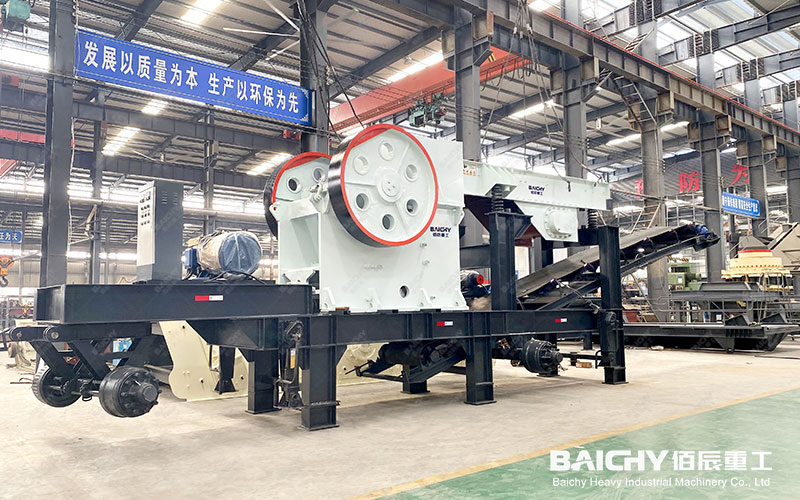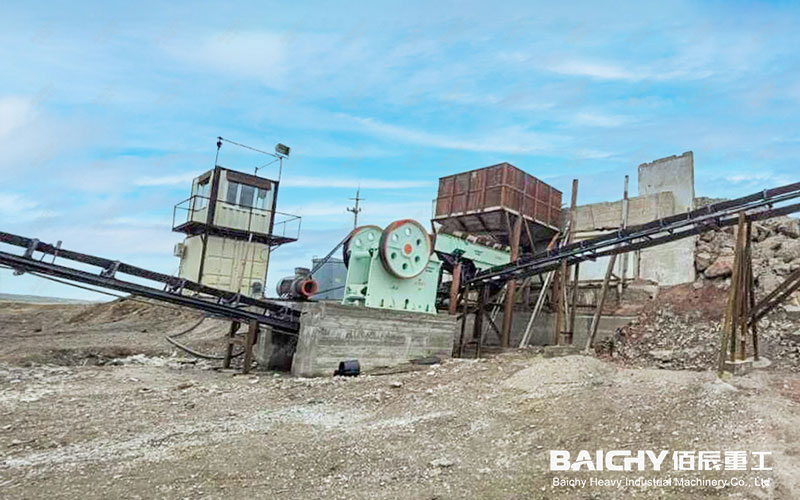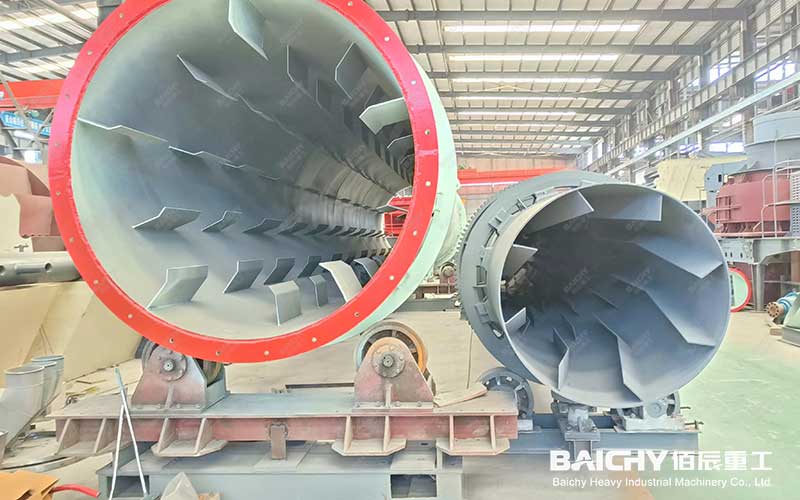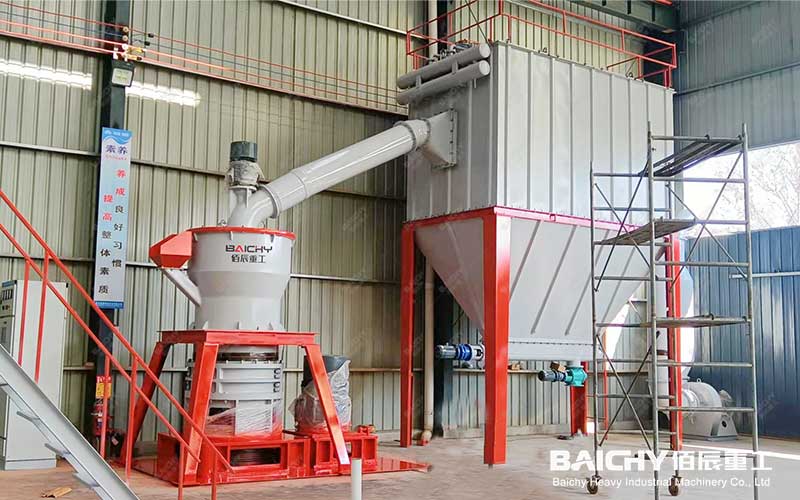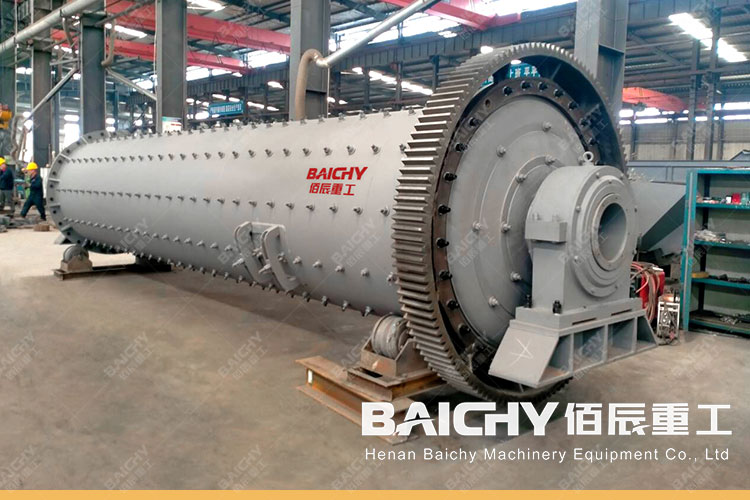
As an important grinding equipment, ball mill has many significant advantages:
Strong material adaptability: The ball mill can adapt to various types of materials, including various high and low-hardness metal ores, non-metallic ores, various sintering materials, etc. Its crushing ratio is large, reaching more than 300, and it is easy to adjust the fineness of the ground product. The product has uniform particle size and a good mixing effect.
Strong continuous production capacity: The ball mill is capable of continuous production and has a large production capacity, which can meet the requirements of modern large-scale industrial production. It has a solid structural design, reliable operation, simple maintenance and management, and can operate continuously for a long time.
Flexible operation: The ball mill can adapt to various operations under different circumstances. It can be used for both dry and wet operations, and it can also combine drying and grinding at the same time.
Energy saving and environmental protection: The ball mill adopts full hydraulic operation, which is easy to realize automation, and its reliability and lifespan are greatly improved. At the same time, its closed system has small dust and low noise, achieving energy-saving and environmentally friendly production goals.
Wear-resistant and long service life: The ball mill uses high-quality wear-resistant materials, and the inner lining is removable and there is a wear-resistant liner in the cylinder. It has good wear resistance and increases the service life of wearing parts.
Strong versatility: Ball mills are widely used in various ore-crushing productions, including grinding and activation, which can be completed at one time. They are widely used in various industries that require high product purity.
In summary, ball mills play an important role in industrial production due to their advantages such as strong material adaptability, strong continuous production capacity, flexible operation, energy saving and environmental protection, wear resistance, and strong versatility.
What are the application ranges of ball mills?
Ball mills are widely used in many industries, including but not limited to the following aspects:
• Mining industry: In the mining industry, ball mills are mainly used to grind various metal ores, such as copper ore, iron ore, lead-zinc ore, etc. It can grind raw materials into the required particle size for subsequent processing processes such as flotation and mineral processing.
• Cement industry: In cement production, a ball mill is a very important equipment. It is used to grind raw materials such as limestone and clay into cement clinker and is one of the main equipment for grinding these raw materials. The ball mill can grind cement clinker and mineral admixtures in cement to improve cement quality and output.
• Ceramic industry: In the ceramic industry, ball mills are mainly used to grind various ceramic raw materials, such as clay, quartz, feldspar, etc. Ceramic products need to go through a multi-step production process, among which grinding is a very important step. The ball mill can improve product quality and production efficiency.
• Chemical industry: In the chemical industry, ball mills are used to grind various chemical raw materials, such as dyes, pigments, coatings, etc. Through the grinding of the ball mill, the chemical raw materials can be fully ground to improve the physical and chemical properties of the product and improve the quality and profit of the product.
• Building materials industry: In the building materials industry, ball mills are mainly used to grind various building materials, such as limestone, gypsum, coal ash, etc.
• Metallurgical industry: In the metallurgical industry, ball mills can be used to grind metallurgical raw materials and metallurgical waste to obtain the required particle size and chemical composition to provide conditions for subsequent metallurgical processes.
• Glass industry: The production of glass products requires a large number of grinding processes. Ball mills are commonly used abrasive machinery in the glass industry. They can be used to grind glass raw materials and waste glass to improve product quality and production efficiency.




